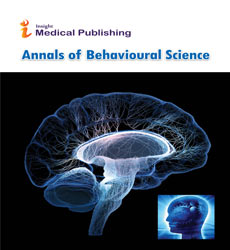Abstract
ISOLATING GEOLMINTHIASIS INFECTION IN SCHOOL-AGED CHILDREN WHO WORK IN ARTISANAL MINING IN NORTH KIVU, DRC.
Health is closely related to the quality of the environment in which people live.
Geohelminthiasis infections are among the most common infections in the word affecting the poorest communities. The WHO recommends periodic deworming for children (1-15 years) living in areas where the prevalence of infections is estimated at more than 20%.
In Democratic Republic of Congo, especially in the underserved region of North Kivu, many children working in artisanal mining may not receive necessary treatment. The goal of this study was to identify the parasite carriage in this group. We collected and analysed 125 fecal samples from children aged: 6-15 who work in artisanal mining. We found that 65.6% of children have Ancylostoma duodenale, 94.4% have Trichuris trichura and 96.8% have Ascaris lumbricoides many of them have never been dewormed. Our research demonstrates the immediate need for deworming program and health education for disease prevention in the North Kivu mining region. The ultimate goal of our work is to eliminate child mining work, given the risk of exposure to multiple disease, injury, and radiation exposure common in artisanal mining though the challenge is great given the prevalence of poverty and war in region.
Key: Kids occupational health.
Author(s):
Jean Paul KABEMBA LUKUSA
Abstract | PDF
Share this

Google scholar citation report
Citations : 153
Annals of Behavioural Science received 153 citations as per google scholar report
Abstracted/Indexed in
- Google Scholar
- China National Knowledge Infrastructure (CNKI)
- CiteFactor
- Cosmos IF
- Directory of Research Journal Indexing (DRJI)
- WorldCat
- Publons
- Secret Search Engine Labs
Open Access Journals
- Aquaculture & Veterinary Science
- Chemistry & Chemical Sciences
- Clinical Sciences
- Engineering
- General Science
- Genetics & Molecular Biology
- Health Care & Nursing
- Immunology & Microbiology
- Materials Science
- Mathematics & Physics
- Medical Sciences
- Neurology & Psychiatry
- Oncology & Cancer Science
- Pharmaceutical Sciences

